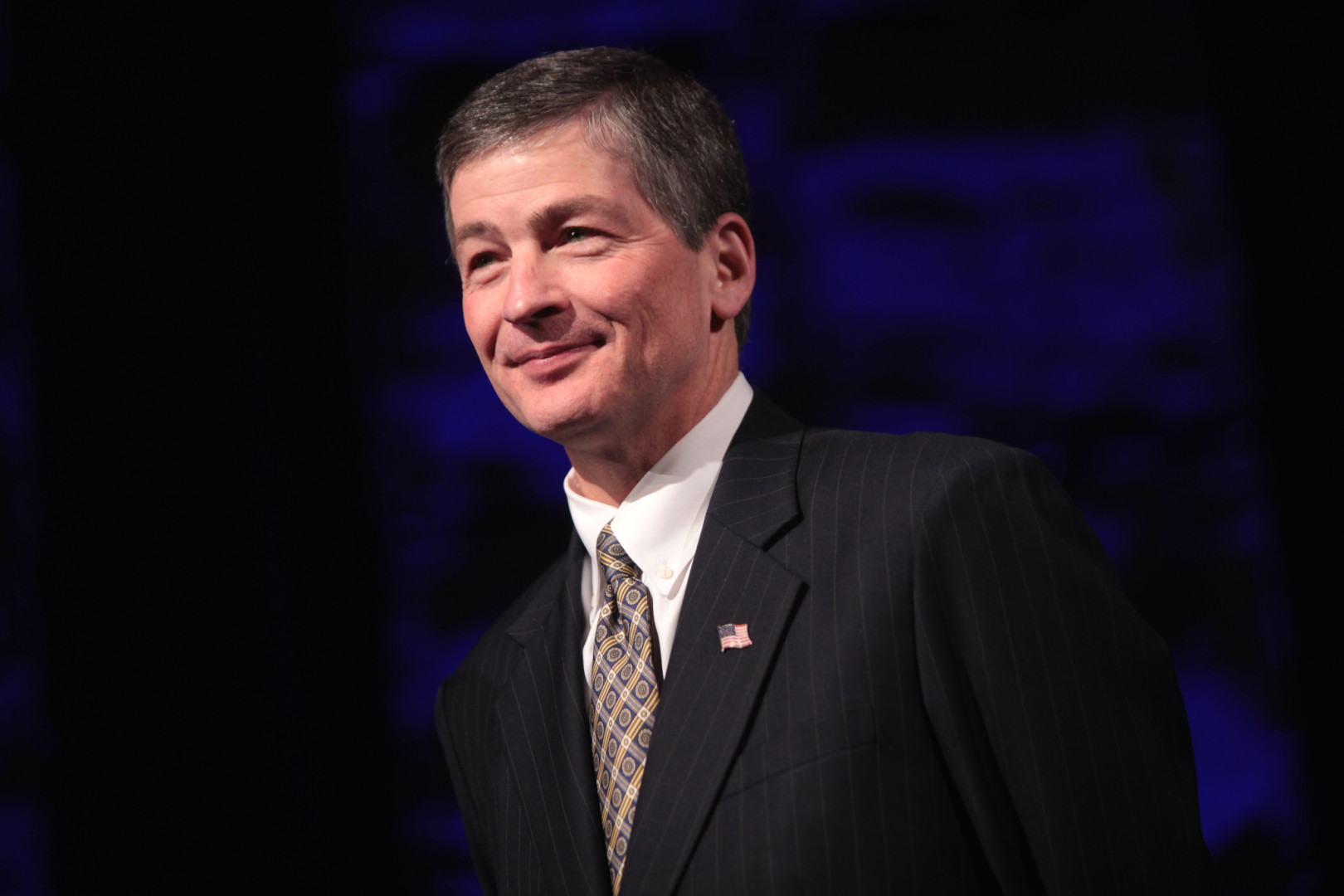The House Republican plan to undo the 2010 Dodd-Frank Act is now one step closer to coming up for a vote on the floor.
The House Financial Services Committee on Thursday advanced the measure, known as the Financial CHOICE Act, on a 34 to 26 party-line vote following three days of debate. Democrats successfully slowed the approval process by introducing more than a dozen politically controversial amendments, and at one point forcing the panel’s staff to read the bill text for more than two hours.
The CHOICE Act — H.R. 10 — is Financial Services Committee Chairman Jeb Hensarling’s proposal to roll back some of the most significant reforms of the Dodd-Frank law, enacted in the wake of the 2008 financial crisis. The GOP bill would convert the Consumer Financial Protection Bureau into a “Consumer Law Enforcement Agency” with less enforcement authority than the CFPB. It would also scrap Dodd-Frank’s bank resolution mechanism and replace it with bankruptcy provisions, in addition to exempting banks from federal regulations if they meet a 10 percent leverage ratio — a measure of capital held by a bank against its total assets, meant to curb borrowing.
The committee voted down all Democratic amendments along mostly party lines votes. A proposal from Rep. Stephen Lynch (D-Mass.) to strike language repealing the Labor Department’s rule on conflicts-of-interest in the retirement advice sector failed 24 to 34. Rep. David Scott (D-Ga.) was the only Democrat to vote against that amendment.
An amendment offered by Rep. Carolyn Maloney (D-N.Y.) to prevent the repeal of Dodd-Frank’s bank wind-down mechanism failed 26 to 33.
House GOP leaders have signaled they’re on board with the CHOICE Act, but it’s unclear when it will come to the floor for a House vote. Spokespeople for House Speaker Paul Ryan (R-Wis.) and House Majority Leader Kevin McCarthy (R-Calif.) didn’t immediately respond to requests for comment.
One issue that could complicate floor timing is the measure’s repeal of Dodd-Frank’s limitations of debit-card swipe fees. Hensarling (R-Texas) is a strong advocate for repealing the caps — known as the Durbin amendment, named after sponsor Sen. Dick Durbin (D-Ill.) — but acknowledged last week that repealing the limits is controversial among lawmakers on both sides of the aisle. The retail industry has been lobbying legislators to support the Durbin amendment, while banking trade groups are lobbying for its repeal.
No member of the House Financial Services Committee offered an amendment dealing with the Durbin amendment repeal, but the House Rules Committee could allow a floor vote on such an amendment. The Retail Industry Leaders Association is one of the trade groups hoping for a floor vote on the matter.
“We urge the full House to strip this provision from the CHOICE Act and focus on a bill that protects both community banks and local businesses,” Austen Jensen, RILA’s vice president of government affairs and financial services, said in a statement.
Despite the CHOICE Act’s popularity among House Republicans, its partisan nature makes it unlikely to come before the Senate for a vote. Senate Banking Committee Chairman Mike Crapo (R-Idaho) has welcomed Hensarling’s proposal, but he also made clear that he plans to advance regulatory changes that would gain more bipartisan support.

